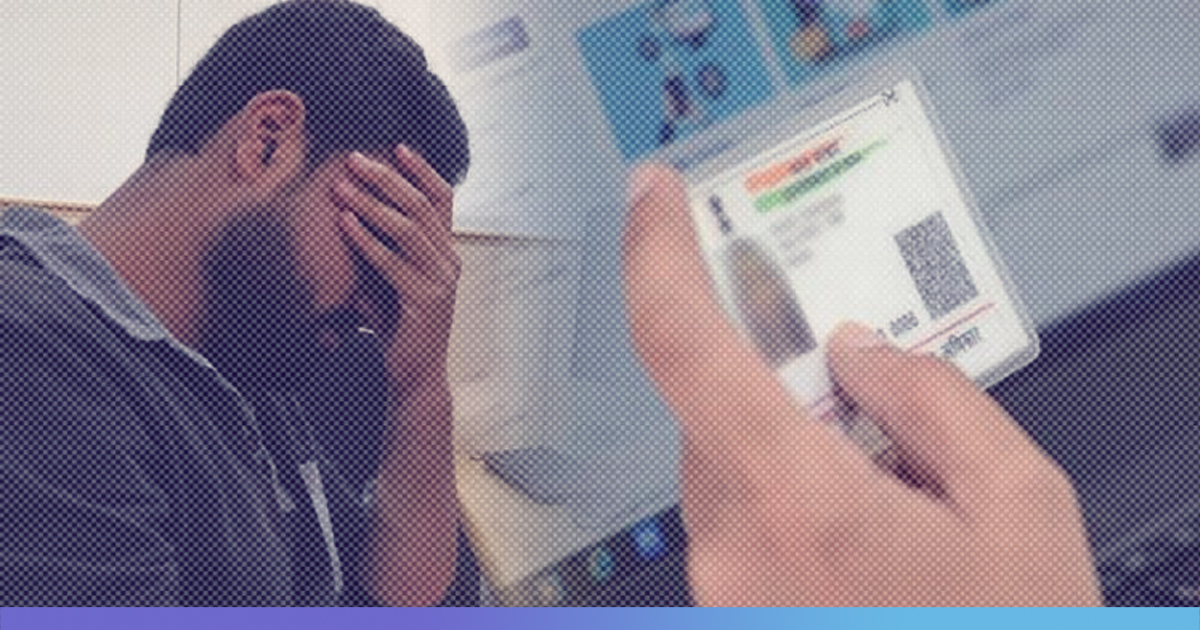The Bombay High Court has asked Mumbai Port Trust to pay interest on 30 months delayed salary to its employee. Ramesh Kurhade, the employee in question approached the Bombay High Court saying that he had been denied salary since 2016 as he refused to link his bank account with Aadhaar card.
After announcing the verdict on the matter in November 2018 saying that Aadhaar card linking is not mandatory for drawing salary, a bench of Justice Akhil Kureshi and SJ Kathawala, last week said, “Mumbai Port Trust shall pay simple interest @7.5% per annum to the petitioner on delayed payment of salary. The same shall be done latest by July 31, 2019.”
The Incident
Ramesh Kurhade who is working as a chargeman with the Mumbai Port Trust, did not get his salary from 2016 as he refused to link his bank account with the Aadhaar card. In December 2015, the Union Ministry of Shipping issued a letter to him asking to link his salary account with Aadhaar card. Citing his rights to privacy, he refused. After that, his salary was withheld, then he filed a petition with the Bombay High court.
Bombay high court on November 19 while hearing the matter asked the centre how can they withhold the salary of a person for failing to link his/her account with the Aadhaar card. The bench which comprised of A S Oka and S K Shinde directed the union government to pay the salary to Kurhade, the petitioner. “We have perused the apex court’s judgement. Prime facie, we are of the view that the petitioner’s salary cannot be withheld on the ground that there is a failure to link Aadhaar card with the bank account,” he said.
Kurhade again approached the court saying that he deserved interest on delayed payment of salary.
Aadhaar-Linking Is Mandatory For What?
A five-judge Supreme Court bench on September 26 upheld the constitutional validity of Aadhaar, however, it has struck down multiple sections of the Aadhaar Act as unconstitutional. Justice AK Sikri while reading the judgement said, “Aadhaar gives dignity to the marginalised. Dignity to the marginalised outweighs privacy.” He also observed that Aadhaar fails only 0.232% and dismantling it now would mean disturbing 99% of the population who have already been enrolled.
The bench pronounced that Aadhaar was not mandatory for opening a bank account. Section 57 of the Aadhaar (Targeted Delivery of Financial and Other Subsidies, Benefits and Services) Act, 2016 which previously allowed private entities to use Aadhaar number for verification purposes was also struck down.
The bench has also struck down a clause which allowed the Aadhaar governing body, UIDAI, to share data with specially authorised officers in the interest of national security. Justice Sikri also stated that Aadhaar metadata cannot be stored for more than six months, whereas the act allows the storage of such data for up to five years.
SC also ruled that Aadhaar was not needed for school admissions and for UGC, NEET & CBSE examinations.
Also Read: Cannot Withhold Salary For Not Linking Aadhaar Card With Bank Account: High Court To Centre











